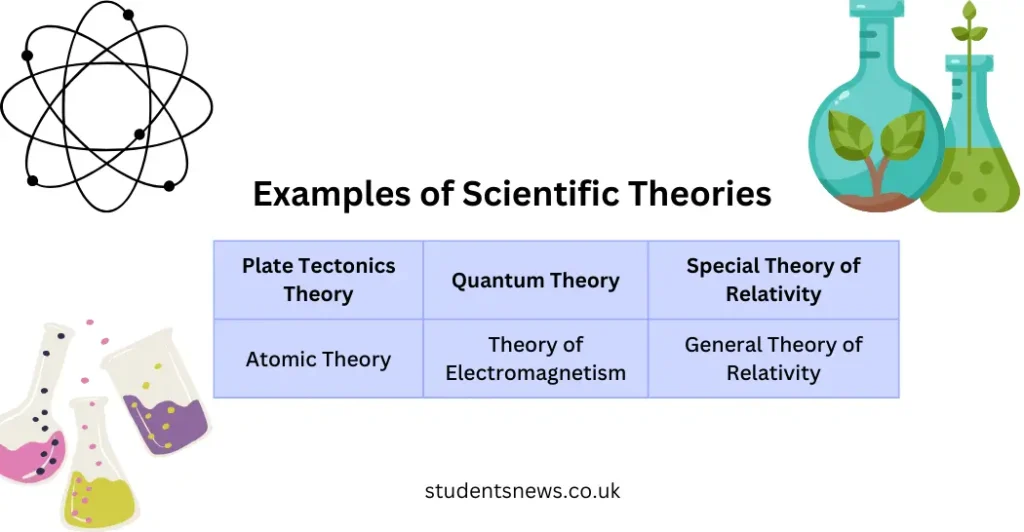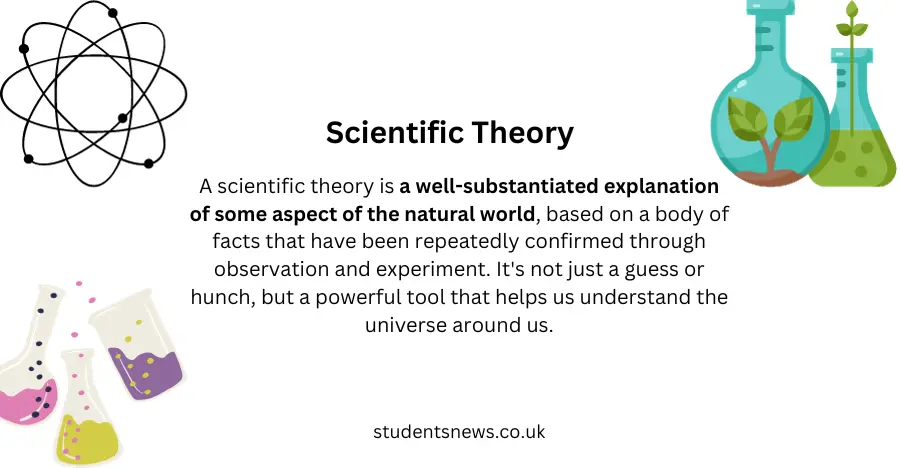In the realm of academia and intellectual discourse, the terms “theory” and “scientific theory” are often used interchangeably, leading to confusion among those outside the scientific community. However, these two concepts are distinct, each carrying its own set of implications and connotations. In this exploration, we delve into the nuanced differences between theory and scientific theory, shedding light on their meanings, applications, and roles in shaping our understanding of the world.
Understanding Theory:
The term “theory” itself is broad, encompassing a range of interpretations across various disciplines. In general, a theory is a systematic and organized set of principles or ideas that seek to explain a particular phenomenon. Theories are constructed to provide a framework for understanding complex phenomena, often based on observations, empirical evidence, and logical reasoning.
In everyday language, people might use the term “theory” to refer to a speculative idea or a conjecture. However, in academic and scientific contexts, a theory is a more rigorous construct, requiring a substantial body of evidence and a comprehensive explanatory power.
What is Scientific Theory:
Scientific theories, on the other hand, occupy a unique space within the scientific method. Unlike theories in a general sense, scientific theories are refined, tested, and validated through empirical evidence. A scientific theory is a well-substantiated explanation of some aspect of the natural world that is acquired through the scientific method and repeatedly tested and confirmed through experimentation and observation.

Scientific theories are not mere conjectures; they are the pinnacle of scientific understanding, representing the most reliable and comprehensive explanations we have for natural phenomena. Examples of theories include Darwin’s theory of evolution, Einstein’s theory of relativity, and the germ theory of disease. These theories have withstood rigorous scrutiny and have become the cornerstones of their respective fields.
Comparison of the Differences
| Aspect | Theory | Scientific Theory |
|---|---|---|
| Empirical Testing | While theories can be based on observation and logical reasoning, they may lack empirical testing and validation. | Rigorous empirical testing and validation are integral to the development of scientific theories. |
| Predictive Power | The predictive power of a theory may vary, and it might not always provide accurate predictions. | A scientific theory’s ability to make accurate predictions is a hallmark of its reliability and validity. |
| Evolution Over Time | General theories might evolve or change as new information becomes available. | Scientific theories are refined, but their core principles remain stable unless compelling evidence necessitates a revision. |
Conclusion:
In essence, the distinction between theory and scientific theory lies in the depth of their foundation and the rigor of their validation. While theories provide conceptual frameworks for understanding phenomena, scientific theories stand as the pinnacle of scientific knowledge, having withstood the scrutiny of experimentation and observation. Embracing this distinction is crucial for fostering a clear and accurate understanding of the scientific method and the progress of human knowledge. As we continue to explore the mysteries of the universe, the refinement and validation of scientific theories will undoubtedly play a central role in shaping our comprehension of the natural world.


